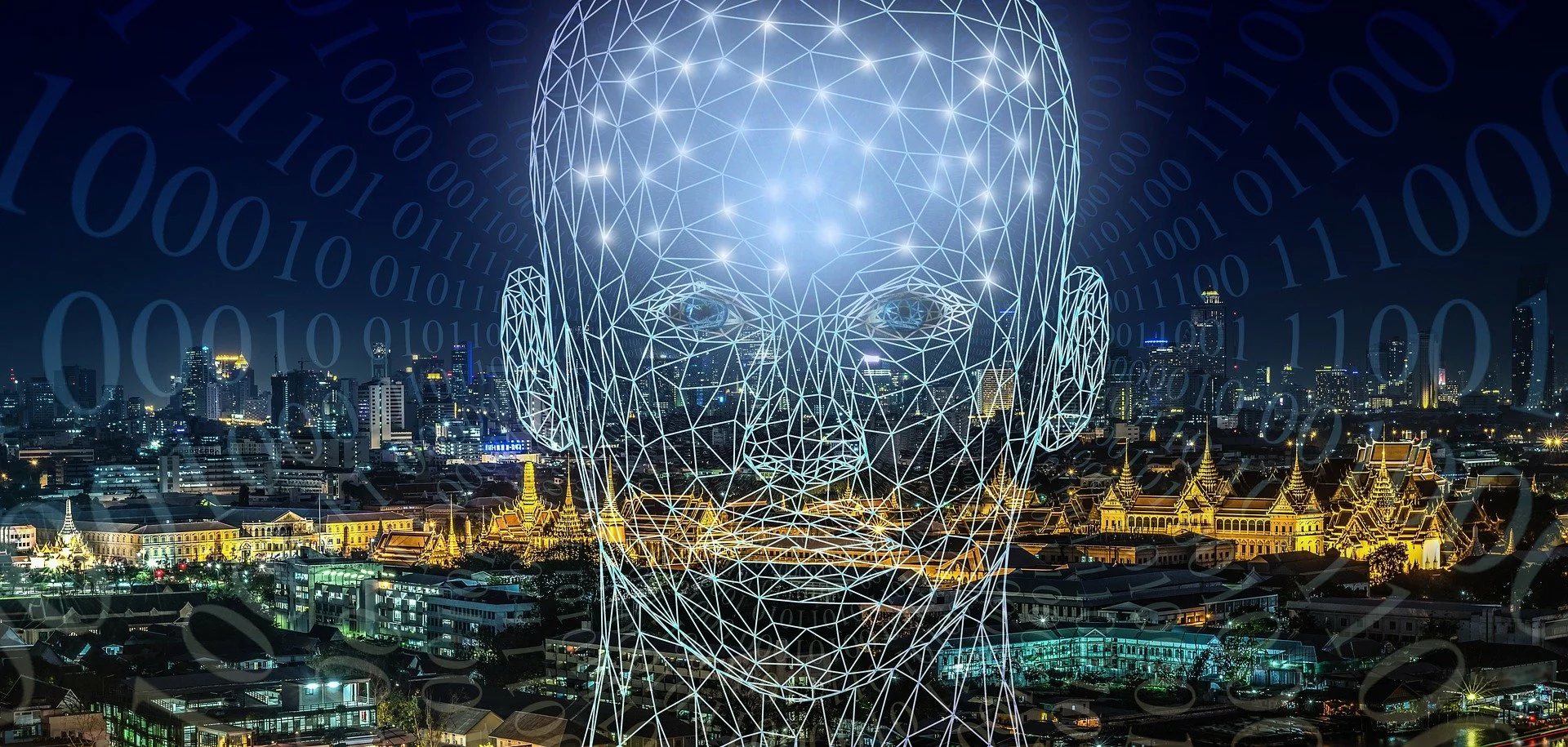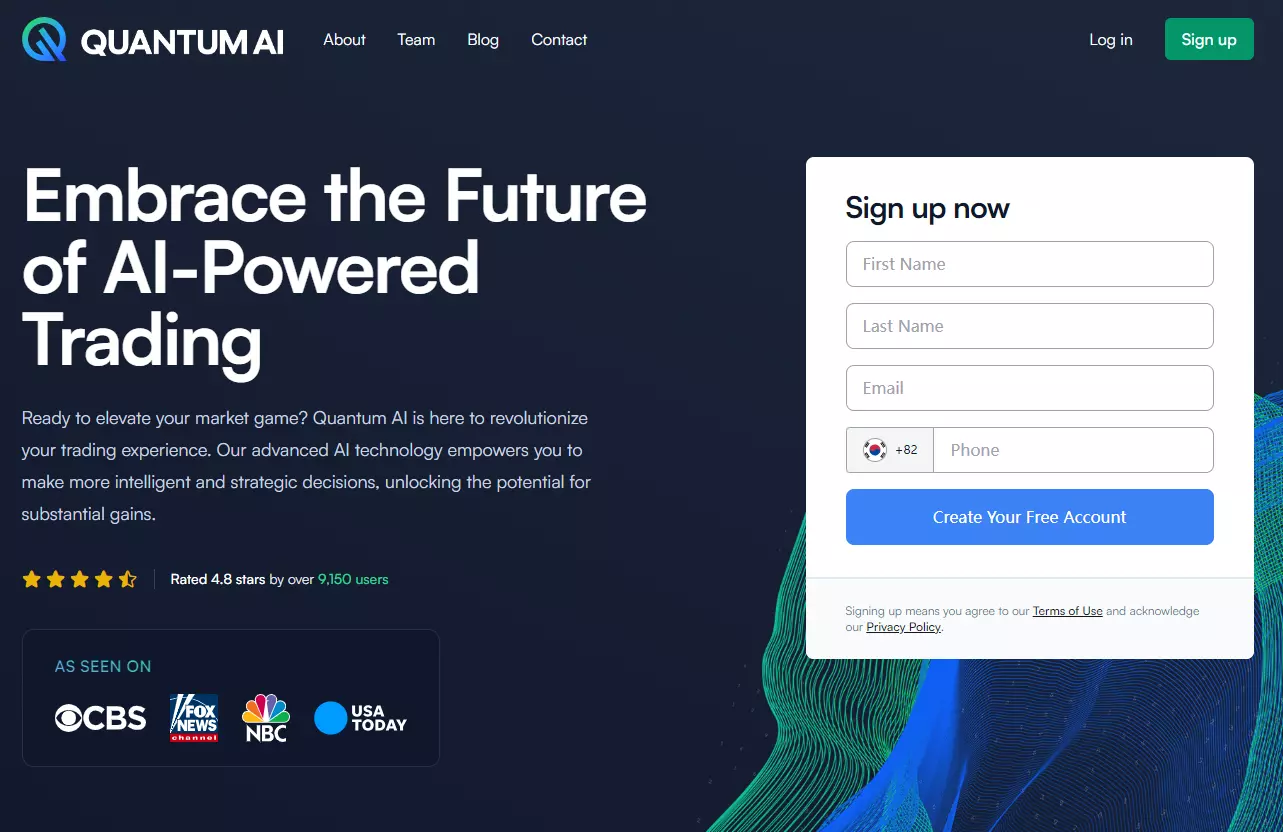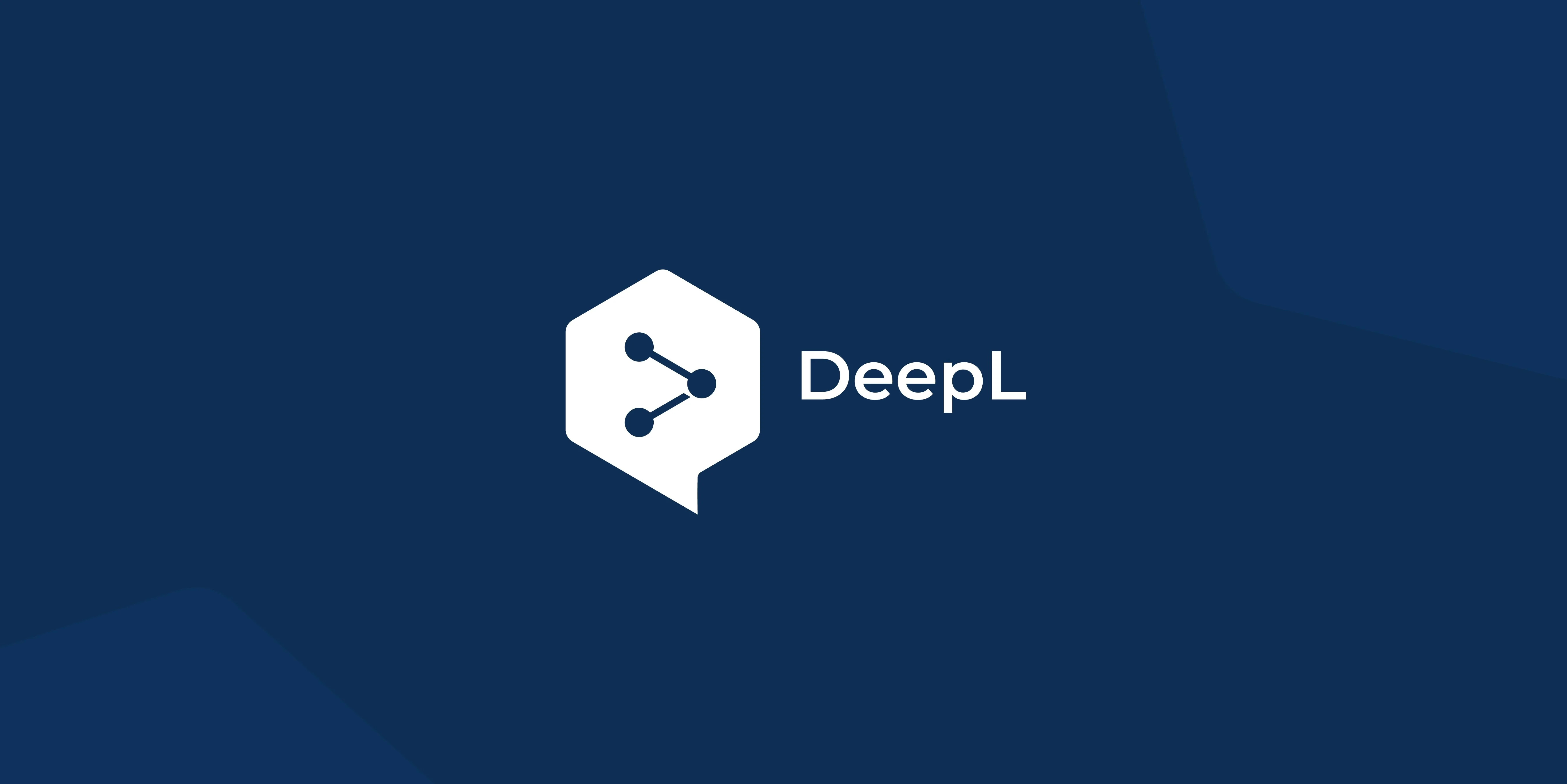
In the realm of cutting-edge technology, where science fiction and reality converge, Quantum AI (QAI) stands out as a beacon of innovation.
Quantum AI is a revolutionary field that merges the immense potential of quantum computing with the advancements of artificial intelligence (AI).
Keep reading to discover everything you need to know about Quantum AI.
What Is Quantum AI?

Quantum AI is an innovative trading platform designed to facilitate smooth and efficient trading through advanced tools and features.
Powered by AI, this system utilizes sophisticated mathematical algorithms to perform complex trading activities, including market analysis, trend and pattern identification, price fluctuation detection, price data comparison, and signal generation.
Quantum AI claims to offer comprehensive support with advanced features such as customizable charts, detailed market reports, and more. The platform provides extensive resources for traders and 24/7 customer support. It is designed to be user-friendly for traders of all levels, from beginners to experts.
How Quantum AI Works?
Quantum AI merges the power of quantum computing with traditional AI techniques. While the specifics are intricate, here's a simplified explanation:
Quantum Data Preparation
Quantum data, unique to quantum computers, is converted into a format compatible with AI algorithms. This process is akin to translating a foreign language into something a computer can understand.
Quantum Processing
Specialized quantum neural networks analyze this data, extracting valuable information hidden within its complex structure.
From Quantum to Classical
The results are then converted back into a classical format, such as numerical data, which traditional AI models can work with.
Classical AI Takes Over
Once in a classical format, deep learning techniques identify patterns and relationships within the data. This enables the AI to learn and make predictions.
Continuous Improvement
Throughout this process, the model is constantly refined by adjusting its parameters based on the results, ensuring the AI continues to learn and improve its performance.
How to Use Quantum AI?
To start trading cryptocurrencies on the Quantum AI platform, follow these straightforward steps:
Step 1: Account Registration
Begin by accessing the Quantum AI trading account and completing the registration process.
You'll need to provide basic information such as your name, email ID, phone number, place of residence, and create a strong password. After entering all the details, submit the form and wait for verification.
Step 2: Verification Process
The verification process on the Quantum AI platform involves a detailed analysis of the information provided and may include a phone call.
Once verification is successful, you will receive an email with a link. Click the link to access the official Quantum AI website.
Step 3: Deposit Funds
After verification, your Quantum AI account will be ready for live trading. To start trading, you need to deposit a minimum of $250.
This amount serves as your trading capital to execute orders. Over time, you can increase your capital to potentially gain higher profits. There are no fees for depositing funds into your Quantum AI account.
Step 4: Begin Live Trading
With funds deposited, you can start trading various assets such as cryptocurrencies, stocks, and CFDs. First, adjust the parameters and settings according to your trading preferences and the current market situation.
You can choose between manual and automated trading modes. Beginners may prefer the fully automated mode, while experienced traders might opt for the manual mode.
Pros & Cons of Quantum AI
QAI Pros
1. Speed and Efficiency: Quantum AI algorithms can process vast amounts of data and learn exponentially faster than traditional methods.
2. Solving Complex Problems: Quantum AI unlocks the potential to solve problems that are intractable for classical computers, leading to breakthroughs in various fields.
3. Enhanced Data Security: Quantum encryption algorithms create virtually unbreakable codes, ensuring data confidentiality. Additionally, Quantum AI’s advanced analytics can identify patterns and anomalies in large datasets, enabling proactive detection and prevention of cyber attacks.
QAI Cons
1. Hardware Development: Creating reliable and scalable quantum hardware remains a significant challenge. While progress has been made, a robust quantum computing ecosystem is still under development.
2. Error Correction and Noise Reduction: Quantum computers are highly susceptible to errors and noise, which can impact their performance. Effective error correction techniques are crucial to ensure their stability and reliability.
3. Scalability and Resource Management: Quantum computing demands substantial resources such as power and cooling. Developing efficient resource management strategies is essential for the widespread adoption of Quantum AI and its integration into existing infrastructure.
Conclusion on What is Quantum AI
Quantum AI is a formidable tool for unraveling intricate problems and uncovering novel opportunities across diverse domains.
Despite numerous hurdles to surmount, the genuine potential of Quantum AI is merely starting to emerge.

